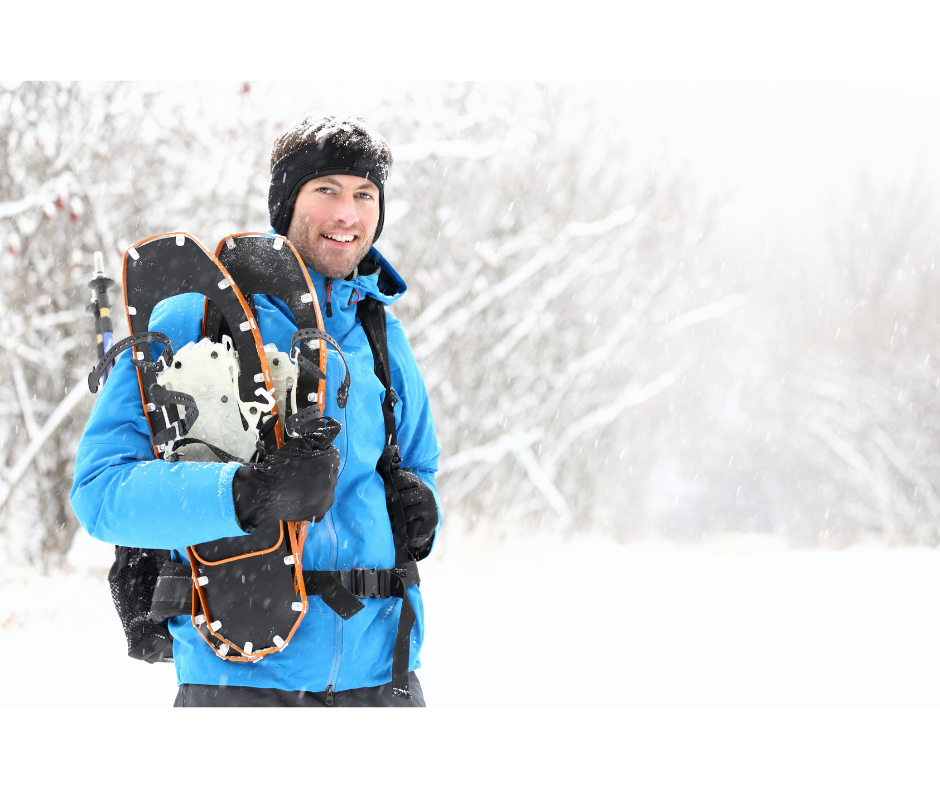If you’re a travel nurse, or simply willing to work away from home, you’re probably a natural adventurer. And just possibly you have a taste for variety and diverse experiences – which could make rural travel nursing or working in a remote community the perfect opportunity for you.
Working in a rural community or on a remote Native American reservation isn’t for everyone. But it can offer appealing advantages. Read on and find out if it’s for you.
The Allure of Rural and Remote Travel Nursing
- It offers a respite from big city hustle and bustle. If you’re sick of crowds and heavy traffic and 24/7 noise, providing care in remote areas can offer a serene and peaceful break.
- You’ll treat a variety of patients and conditions. Sometimes working in a massive health system means the many specialists on staff and defined roles narrow your scope of practice. But rural nursing can mean the variety of tasks needed in wilderness medicine….
- … Which offers a great opportunity to fast-track your skills. Even if you serve in just one unit or specialty, you’ll quickly be able to broaden your skill sets and add impressive experience to your resume.
- You’ll be awash in natural beauty. Travel nursing can take you to some of the most beautiful parts of the United States. From the deserts of the Southwest to Alaskan lakes to the open fields of the Great Plains, working in a rural location can rekindle your love of nature. If you’re a hiker, stargazer, or amateur photographer, even better.
- You’ll form strong bonds with your patients and colleagues. It’s not unknown for travel nurses in rural areas to “get adopted” by locals who take you under their wing. In communities without many providers, you may see the same faces over and over in your ED and grow close to those patients. Travel nurses in remote areas also tend to befriend each other; some of our nurses have bonded so tightly that they’ve arranged to travel together on assignment.
- Finally, you’ll make a direct impact in solving rural health disparities. At least 40% of rural U.S. hospitals are at risk of closing in the near future, according to a study from the Center for Healthcare Quality and Payment Reform (CHQPR). This quite literally endangers the lives of residents in rural communities and Native reservations, who may not survive a one or two-hour drive to a hospital in a medical emergency. They may also lack adequate preventive care and have higher rates of chronic conditions. Bringing your skills to these communities can change the lives of your patients.

Rural Travel Nursing Challenges
That said, rural travel nursing isn’t a bed of roses. Two important traits you’ll need: Critical thinking and confidence. Out on a reservation or in a rural hospital, you may not have plenty of team members who can talk things over with you or share responsibility for treatment decisions. You’ll need to think swiftly and critically and be accountable.
Housing options in rural communities can also look a lot different. You may not have apartment buildings and short-term rentals to choose from. There may be provider housing; you may have a roommate. You might also find a lack of the social clubs, shopping centers, movie theaters, sports and other recreational opportunities you’re used to.
Clinically, you may be surprised by the lack of resources and staff specialists. Patient transfers may be more frequent, especially if your facility care is limited to family medicine and the emergency department.

Making the Most of Your Rural Adventure
So you’ve decided to try your first rural nursing assignment. How should you prepare?
Explore outdoor hobbies.
Depending on the season and environment, serving in rural communities will offer a range of outdoor activities – hiking and backpacking, kayaking and swimming, snowshoeing, photography, and starwatching are just a few.
Have a “Camper’s Mentality” when it comes to packing.
Your local community may have not have resources you’re used to such as hair salons or pharmacies. Sort any medications and medical needs before you leave home and pack everything you think might need, instead of assuming you can pick it up once you’re there.
If driving, prepare your vehicle.
In addition to traveling to your new location, you may find yourself driving hours in remote locations on assignment. Pack your car with water, blankets, a spare tire and repair kit, and other supplies to protect yourself if you wind up stranded.
Get involved in the community.
If you’re invited to a powwow or ceremony on a Native reservation, go. If you’re going to be at your new facility for a while, contact local organizations to find out if you can assist with a community event like a health fair.
Make an effort to stay connected.
Even if you like your coworkers, you might still get lonely on assignment – especially when there don’t seem to be many opportunities to meet new people. Make an effort to video call friends and family on a regular basis, even when you’re tired after a shift.

Are you ready to explore your first job on a Native American reservation or in a rural community? Reach out to us at hello@tribalhealth.com and let us know what you’re looking for!

